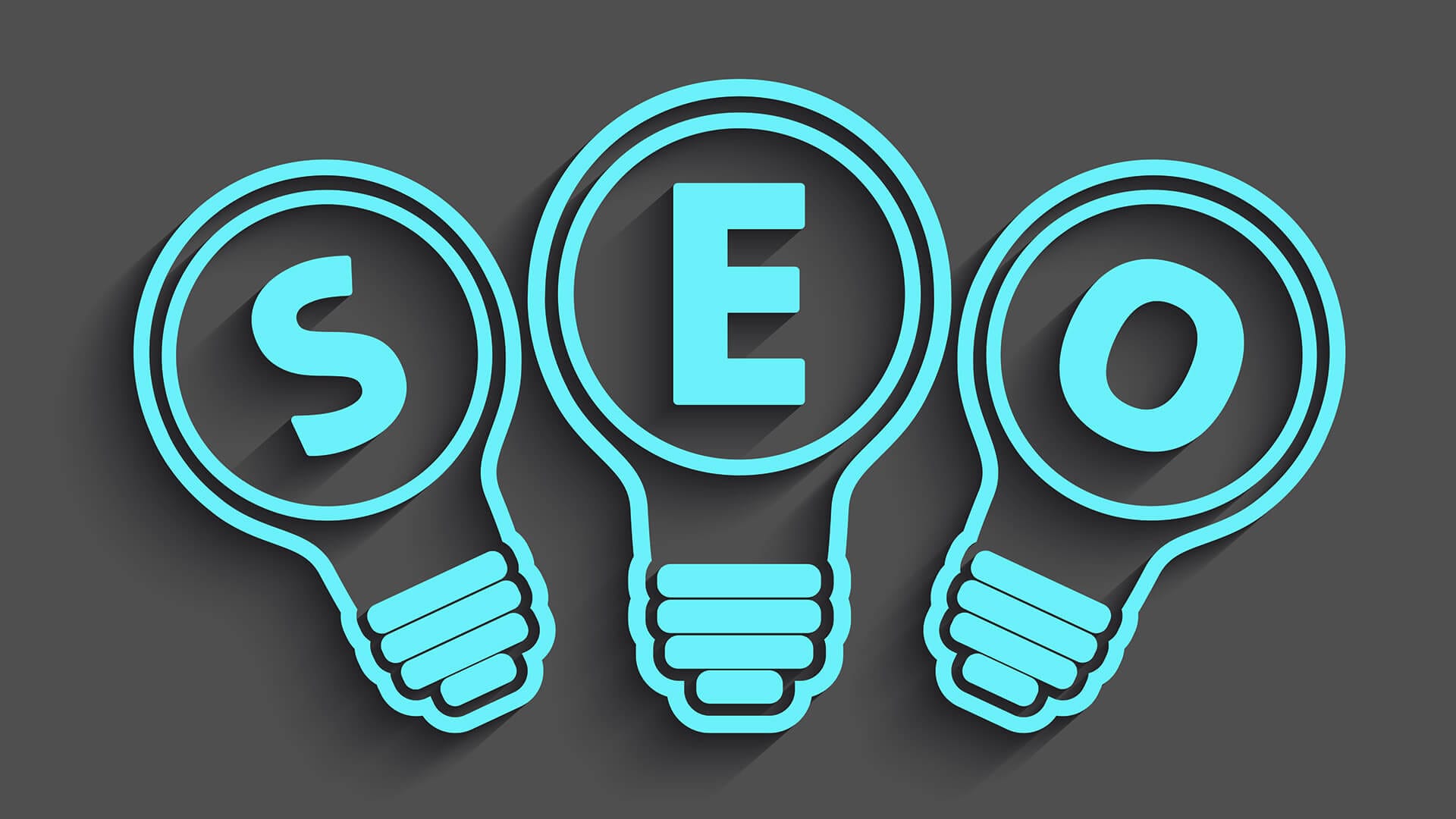Let’s be honest — everyone thinks they know what SEO is. Some say it’s about keywords. Others swear it’s backlinks. And then there are those who still imagine SEO as a secret hack you can “game” to trick Google.
Here’s the truth: all of that is partly right but mostly outdated. SEO in 2025 isn’t just one trick or one tool. It’s a mix of trust, authority, and strategy. And yet, if you look around, most businesses are still playing the wrong game.
So let’s clear the air. What does SEO really mean today? And more importantly — why should you care?
Forget the Old Playbook
I remember the days when “doing SEO” meant stuffing keywords at the bottom of a page in white text. Or buying a stack of cheap links from random sites and calling it a day. It was chaotic — and for a short time, it worked.
But let’s be real: that playbook is dead. Google got smarter, users got smarter, and those old tricks now do more harm than good. If your site is still running on outdated SEO tactics, it’s like showing up to a Formula 1 race on a bicycle.
The new SEO game is built on one thing: trust. Trust from Google, trust from your readers, and trust built over time through authority. Without it, you’re invisible.
So… What Does SEO Actually Mean in 2025?
Good question. Here’s where things stand now.
Technical SEO: The Stuff You Don’t See
You can write the most brilliant blog post in the world, but if your site takes forever to load or keeps throwing 404 errors, people bounce. Google notices that.
Think of technical SEO like plumbing in a house. No one compliments you for having working pipes, but if something breaks, you’ll know immediately. Fast speed, mobile-friendly pages, proper redirects — these are the basics that keep your site standing tall.
Content That Feels Like It’s Written by a Human
Readers today can smell “robotic content” from a mile away. Ever land on a blog that looks fine but just feels empty? That’s what happens when content is written for bots, not people.
In 2025, content needs to feel alive. Conversational, helpful, even a little imperfect at times. Throw in a rhetorical question, a story, or an observation that makes people nod and think, “Yep, that’s me.” That’s what keeps people reading — and that’s exactly what Google tracks.
Backlinks That Actually Matter
Links are still the backbone of SEO. But not every link counts. Buying a thousand spammy backlinks from random websites is like padding your résumé with fake jobs. Nobody buys it, and it can backfire.
The links that matter are the ones that carry weight. Guest posts on respected sites, mentions in your industry, natural references where people actually read the content. One genuine backlink can be worth more than a hundred junk ones.
Generative Engine Optimization (GEO): The New Frontier
Here’s where things get interesting. Search isn’t just Google anymore. AI-powered engines are answering questions directly — sometimes without even sending traffic to websites.
That’s why the smartest businesses are starting to optimize for Generative Engine Optimization, or GEO. In simple terms, it means creating content clear enough, structured enough, and trustworthy enough that when AI pulls answers, your brand is the one it grabs.
Why SEO Still Matters More Than Ever
Some folks say “SEO is dead.” Honestly? That’s nonsense.
Look at the numbers: billions of searches every day, and more people than ever are turning to search before they buy anything. If you’re not visible, you don’t exist.
The real difference now is that SEO compounds. Run ads and your traffic disappears the moment you stop paying. Build SEO properly and your content keeps working for you, pulling in visitors long after you hit publish.
It’s like planting a tree. Ads are like renting shade from someone else’s garden. SEO is planting your own and letting it grow.
The Future of SEO Isn’t Just Google
Here’s something most people haven’t caught onto yet — SEO is no longer just “Google SEO.” People are searching on TikTok, Reddit, YouTube, even inside AI chatbots.
That’s where Answer Engine Optimization, or AEO, comes in. The idea is simple: wherever people ask questions, your brand should be part of the answer. Whether it’s a TikTok search for “best running shoes” or a ChatGPT query about marketing agencies, you want to show up.
If you’re still only thinking about ten blue links on Google, you’re already behind.
How to Actually Win at SEO in 2025
Let’s cut to the chase. If you want to rank, here’s where to focus.
Audit Your Site
Don’t guess. Find the issues killing your SEO — slow pages, duplicate content, broken links. Fix the leaks before pouring more water into the bucket.
Write for Humans First
Imagine you’re explaining your product to a friend over coffee. That’s the tone you need. Helpful, clear, and not drowning in jargon.
Earn Real Authority
Stop buying links from random sellers. Focus on getting mentioned where it counts: niche blogs, industry media, trusted directories.
Prepare for AI Search
Structure your content with clear headings, FAQs, and fact-driven answers. When AI looks for reliable info, it should find you.
The Bottom Line
SEO isn’t a trick. It isn’t dead. And it isn’t going away. What’s changed is how you win.
In 2025, SEO is about trust. Trust built through solid technical foundations, human-centered content, and real authority. If you’re still chasing shortcuts, you’ll get left behind.
But if you treat SEO as the long game it truly is? That’s when the compounding growth kicks in.
At Digital Guru, we don’t do guesswork. We do the real stuff: audits, authority building, and content that feels human. Because at the end of the day, SEO isn’t just about search engines — it’s about people.

